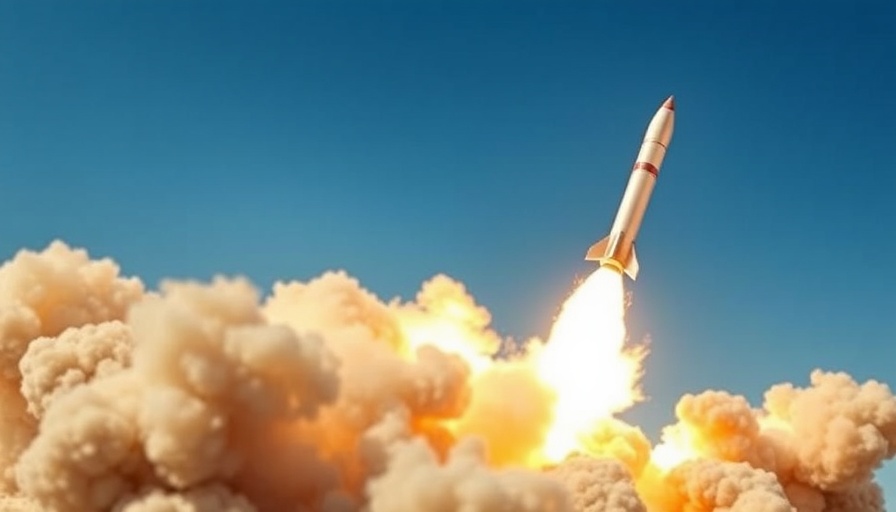
EU's Major Shift: Exclusion of Key Allies
The European Union's decision to exclude the United States, United Kingdom, and Turkey from its ambitious €150 billion rearmament fund marks a historic shift in the global defense landscape. This move is seen as both a reflection of Europe's desire for autonomy in its defense capabilities, particularly in light of rising geopolitical tensions, and a potential catalyst for reinforcing its military strategy independent of traditional alliances.
The Implications of Excluding Key Allies
The exclusion of longstanding allies raises questions about future military collaboration. The EU has frequently relied on the US and the UK for support, both financially and technologically, especially concerning defense capabilities such as cybersecurity and advanced military technology. This strategic pivot may foster tensions between these nations, as they reassess their roles in global alliances.
Historical Context: A Growing Need for EU Defense Autonomy
This decision doesn’t emerge in a vacuum; it follows years of growing European defense ambitions. Since the establishment of the European Defence Fund in 2017, the EU has been incrementally taking steps to enhance its strategic autonomy. The EU’s drive was fueled by events such as Brexit and the changing dynamics of US foreign policy, particularly during the Trump administration, which questioned the value of NATO.
Future Predictions: What Lies Ahead for EU Defense Initiatives?
As the EU mobilizes this fund, future military collaborations within Europe may surge, as countries look to fill potential gaps left by US and UK expertise. Tech innovation in defense sectors could see a boost as member states may ramp up investment in domestic startups. The result? A more self-reliant Europe, focused on implementing sustainable defense practices that align with broader goals of corporate social responsibility.
Current Trends in Global Defense Spending
With global defense spending on the rise, countries are honing in on maximizing the efficiency of their military budgets. The European Union's substantial investment signals a broader regional commitment to not just military readiness, but also technological advancement, particularly against the backdrop of evolving threats such as cyber warfare and drone technology. This shift aligns with trends of sustainable business practices adopted by corporations aiming to minimize their environmental footprints while maximizing technical efficiencies.
A Local Perspective: The Bay Area's Impact on Defense Innovation
In the Bay Area, the tech industry's rapid evolution is not merely transforming consumer markets but is also becoming embedded in national security innovation. Local startups focusing on innovative technologies, such as artificial intelligence and cybersecurity, find themselves at the forefront of this budding shift towards independent European defense solutions. Thus, regional entrepreneurs can expect increased opportunities stemming from military contracts and funding focused on modernization.
How Businesses Can Prepare for this Evolving Landscape
As the situation evolves, businesses must remain agile and open to new partnerships. Understanding the implications of this rearmament fund can equip entrepreneurs and corporate leaders with insights to adapt their strategies. By focusing on technological collaboration and innovation, and forging partnerships with European defense initiatives, Bay Area startups can establish themselves as key players in this growing market.
Final Thoughts: The Path Ahead
This decision by the EU to exclude the US, UK, and Turkey from its €150 billion rearmament fund marks a new chapter in defense strategy, presenting opportunities for local businesses, especially in the tech sector. As we navigate these changes, it’s crucial for stakeholders to keep a finger on the pulse of both local and global trends impacting the defense landscape.
 Add Row
Add Row  Add
Add 



Write A Comment